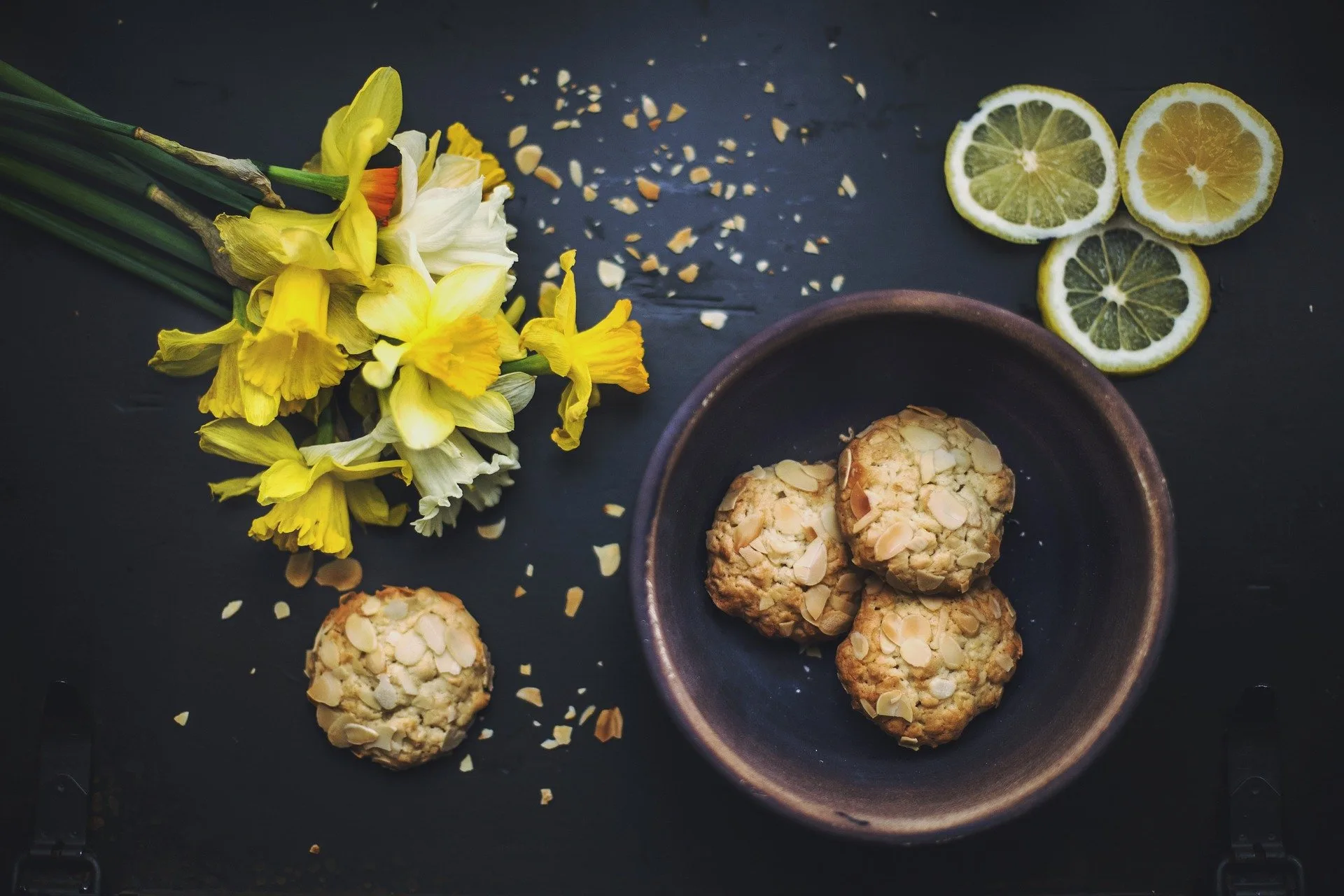Book Title: Why The Chinese Don’t Count Calories: fifteen age-old secrets that can change your life
By Lorraine Clissold
As opposed to taking up another fad diet, adopting the traditional Chinese attitude towards food could be the best dietary step you can take. With regards to one’s relationship towards food, many have made the act of counting calories common practice. However, after spending over ten years in China – immersing herself in Chinese cuisine – British food lover Lorraine Clissold uses her book to emphasize the futility of this act. In the book, Clissold shares fifteen secrets from the world of Chinese culinary cooking. The secrets include how, instead of focusing on calories, the Chinese choose to rather place their focus on enjoying their food and eating to satiety. They also pay special attention to ingredients and cooking methods.
What makes this a good read?
Food wisdom is passed on from generation to generation, and there’s a reason as to why certain acts in the traditional style of eating are continuously practiced. The book serves to emphasize how some secrets are meant to be shared and continuously passed on. Chinese cuisine tends to make vegetables the main staple of all meals, with meat used sparingly – often as a flavoring or compliment. Originally, this practice was largely due to the average Chinese person being unable to afford meat.
A balanced diet
There is also the emphasis on eating a balanced diet, using the Chinese concepts of yin and yang. Essentially, one has to bring balance into the kitchen and diet. Yin refers to cooking methods such as boiling and stewing with “cooling” foods such as vegetables. Yang refers to cooking methods, such as frying and grilling with “hot” foods such as meat. Eating too much of one can leave your body unbalanced, which can lead to a number of health issues. There is also an emphasis on incorporating the five flavors – bitter, sweet, pungent, salty, and sour. Each of these flavors focuses on a specific part of the body, and eating too much of one means that you are neglecting other parts of the body. This practice ensures that you eat a mixture of foods.
Our view of food
Lastly, one of the biggest messages from the book is how differently the Chinese view food as opposed to the rest of the world. While some of us often feel guilty when we ignore our diet plans or opt not to count calories, Chinese people simply enjoy their food and view eating as a pleasurable activity. Also, while they do not count calories, they also don’t eat empty calories that come from processed foods.
Other secrets worth noting include cooking gently not destroying the food nutrients, choosing to “live” over “dead” foods, and drinking green and herbal teas. The book offers a comprehensive look at Chinese cuisine – including some delicious recipes. Furthermore, although the book is centered on Chinese cuisine, there are still valuable lessons to learn and which we can implement – regardless of where we find ourselves in the world.
You can buy the book here
Want to know more?
Click here to find out why the Chinese gooseberry (also known as the kiwifruit) has various health benefits.



![women [longevity live]](https://longevitylive.com/wp-content/uploads/2020/01/photo-of-women-walking-down-the-street-1116984-100x100.jpg)











I agree with the principle – never dieted nor ever will. I have consistently followed the concept of eating when hungry and not according to mealtimes
Easy to do as I live happily with my pets!